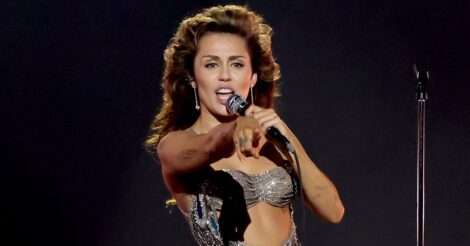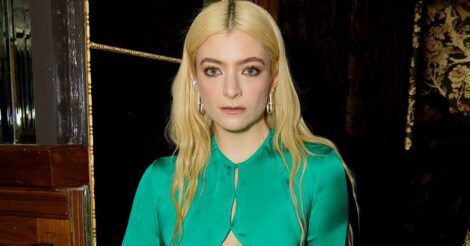
In a refreshingly candid interview for Variety’s Power of Women issue, Billie Eilish, the 21-year-old musical prodigy, opened up about her journey of self-acceptance, body image, and the challenges of growing up in the unforgiving spotlight of fame.
Reflecting on her teenage years, Billie shared her reasons for often hiding behind baggy clothes, emphasizing that it wasn’t about avoiding sexualization but rather a way of protecting herself: “I wasn’t trying to have people not sexualize me, but I didn’t want people to have access to my body, even visually. I wasn’t strong enough and secure enough to show it. If I had shown it at that time, I would have been completely devastated if people had said anything.”
This admission sheds light on the vulnerability that often accompanies early fame, especially for someone navigating the tumultuous waters of adolescence under the scrutinizing eyes of the public. Billie’s decision to prioritize her comfort and emotional well-being over societal expectations is a testament to her self-possession and commitment to authenticity.
The conversation took a turn towards Billie’s physical appearance, particularly addressing the narrative surrounding her chest size when she opted to wear form-fitting clothes. With unapologetic confidence, she addressed the commentary head-on: “I have big boobs. I’ve had big boobs since I was nine years old, and that’s just the way I am. That’s how I look. You wear something that’s at all revealing, and everyone’s like, ‘Oh, but you didn’t want people to sexualize you?’ You can suck my a**! I’m literally a being that is sexual sometimes. F**k you!”
Billie’s refusal to be constrained by societal expectations and her unfiltered response showcase a level of self-assuredness that is both empowering and commendable. In an industry often plagued by unrealistic beauty standards, Billie stands tall, embracing her authenticity and challenging anyone who attempts to box her in.
Perhaps one of the most striking revelations from the interview was Billie’s admission that she has never felt desirable as a woman. This honest self-reflection provides a glimpse into the internal struggles she has faced despite her global success. She shared, “Maybe my not really caring about being sexualized is because I’ve never felt desired or desirable. I’ve never felt like a woman, to be honest with you. I’ve never felt desirable. I’ve never felt feminine.”
Billie’s openness about her personal journey serves as an inspiration for others facing similar struggles, demonstrating that the path to self-acceptance is an ongoing process. As Billie navigates fame, adolescence, and the complexities of identity, her unwavering authenticity shines through. Her refusal to conform to societal norms, coupled with her candid revelations, makes her not only a musical powerhouse but also a beacon of self-empowerment for a generation grappling with the pressures of conformity. Billie Eilish is not just making music; she’s shaping a narrative of resilience, self-love, and unapologetic individuality.









